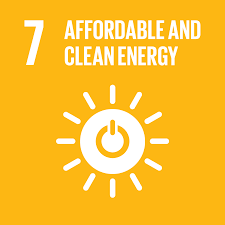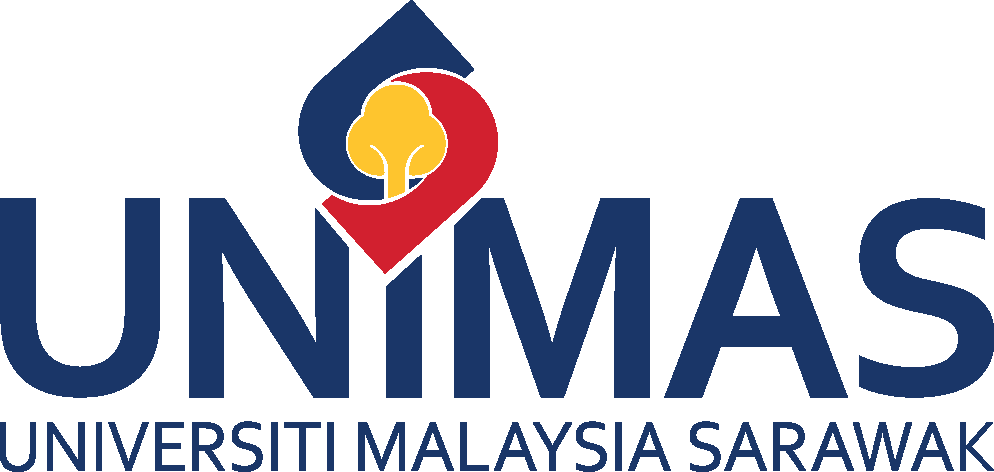
AFFORDABLE AND CLEAN ENERGY
Inform and support governments in clean energy and energy-efficient technology policy development
- Local
- Regional
- National
- Global
No. | Description | Evidence | ||||||||||||
|---|---|---|---|---|---|---|---|---|---|---|---|---|---|---|
1. | Kota Samarahan, 10 December 2024 – Universiti Malaysia Sarawak (UNIMAS) has taken another important step in advancing its sustainability agenda by convening the UNIMAS Environmental Policy Workshop, organised by the Institute of Sustainable and Renewable Energy (ISuRE) in collaboration with the UNIMAS Sustainability Center (USC). The workshop aimed to refine the university’s draft environmental policy and integrate stakeholder insights to better align with UNIMAS’s Environmental, Social, and Governance (ESG) goals. This initiative reinforces UNIMAS’s commitment to becoming a model low-carbon campus by 2030 and strengthening its environmental governance across the institution. Key areas discussed included the proposal to establish a dedicated governance unit under the Centre for Occupational Safety, Health, and Environment (CoSHe), the development of Sustainable Operating Procedures (SOPs) for solid waste management, and enhanced protocols for scheduled waste management to ensure regulatory compliance. The workshop gathered representatives from various departments—including USC, UNIMAS Holdings, the Development Office, Faculty of Engineering, Faculty of Resource Science and Technology, and CoSHe—highlighting the collaborative nature of the effort. Discussions centred on consensus-building for governance structures, preliminary SOP designs for waste minimisation and green events, and identification of priority actions for solid and hazardous waste management. Moving forward, UNIMAS will finalise the Environmental Policy, develop a detailed Implementation Plan, and continue engaging stakeholders to support effective adoption. This workshop marks a significant milestone in strengthening sustainability governance and advancing UNIMAS’s long-term vision toward a low-carbon, ESG-driven campus by 2030. | |||||||||||||
2. | On December 11, 2024, at Borneo Convention Centre Kuching (BCCK), the Sarawak State Library hosted an insightful talk by the Institute of Sustainable and Renewable Energy (ISuRE) from UNIMAS, represented by Dr. Yonis Buswig. The talk, titled "From Challenges and Opportunities to Solutions: Energy Transition for a Sustainable Future," addressed the urgent need for sustainable energy solutions in response to global challenges. The talk highlighted the UNIMAS Low Carbon Roadmap 2023, showcasing the university's strategic initiatives aimed at reducing carbon emissions and enhancing sustainability within its campus. It also underscored UNIMAS's commitment to environmental stewardship and emphasized its proactive efforts to transition to renewable energy sources while implementing innovative sustainable practices. Attendees at the talk benefited from these initiatives as they gained valuable insights into practical and scalable solutions for energy transition, drawing from UNIMAS's real-world applications and research outcomes. The implementation of renewable energy projects and sustainability practices by UNIMAS provided a clear framework for how organizations can adopt similar measures. Additionally, the event facilitated knowledge sharing, inspiring attendees to apply these strategies to their own contexts, thereby amplifying the impact of UNIMAS’s efforts on the broader community. | |||||||||||||


